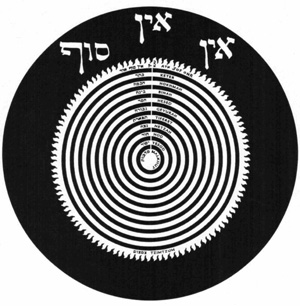The official discord link if you wish to join the discord: https://discord.gg/j5RKwCvAFu
Support the wiki on our official Ko-Fi page or Patreon page!
Axiom Manipulation

Background
Axiom Manipulation is the extraordinary ability to alter, control, or redefine **axioms**, which are foundational propositions accepted as true within a particular logical or mathematical framework. This manipulation allows the user to change the fundamental principles that govern reasoning and deduction, leading to profound consequences for the systems built upon these axioms.
Etymology
Axioms serve as the bedrock of logic and mathematics, providing essential starting points for constructing theorems and proofs. Through Axiom Manipulation, the user can modify these foundational truths, thereby reshaping the very nature of reality as perceived within the context of that logical framework. This ability can enable a user to introduce entirely new axioms, negate existing ones, or alter the implications derived from them, resulting in radical transformations in how a system operates.
What Qualifies for Axiom Manipulation
- Redefinition of Axioms: The ability to change the meaning or parameters of existing axioms, allowing for new interpretations and conclusions.
- Creation of New Axioms: Users can introduce entirely new foundational truths that alter the framework of logic or mathematics, potentially leading to innovative or nonsensical results.
- Negation of Axioms: The power to eliminate specific axioms from a system, disrupting the logical flow and conclusions that rely on those foundational principles.
- Influence on Logical Constructs: Users can reshape the structure of logical arguments and mathematical proofs by manipulating the axioms they are built upon, resulting in new, unforeseen outcomes.
- Impact on Reality: Altering axioms can have broader implications beyond logic and mathematics, influencing the perception of reality and how concepts are understood within that framework.
- Axiomatic Paradoxes: Users may create paradoxes by introducing contradictory axioms, leading to logical inconsistencies or alternate realities.
Applications
- Mathematical Innovation: By creating new axioms, users can develop entirely new branches of mathematics or redefine existing ones.
- Philosophical Exploration: Altering axioms can lead to significant shifts in philosophical thought, enabling new interpretations of existence, morality, and knowledge.
- Reality Manipulation: In certain contexts, changing axioms may influence the physical laws of the universe, allowing users to redefine the parameters of reality itself.
- Strategic Advantage: In battles or conflicts, manipulating axioms can provide tactical benefits by changing the rules of engagement or altering the understanding of the battlefield.
Key Limitations
- Context-Dependence: Axiom Manipulation typically operates within a specific logical or mathematical framework, limiting its effectiveness in unrelated domains.
- Complexity of Consequences: Changes to axioms can lead to unpredictable outcomes, including logical inconsistencies, paradoxes, or even the collapse of the system built upon those axioms.
- Resistance from Others: Those who are aware of the changes may resist or reject the new axioms, leading to conflicts in understanding and belief.
Relationship to Other Manipulations
- Truth Manipulation: While Axiom Manipulation focuses on the foundational principles of logic and mathematics, Truth Manipulation deals with the subjective nature of beliefs and perceptions.
- Principle Manipulation: Axiom Manipulation can be seen as a subset of Principle Manipulation, where axioms are viewed as specific, foundational truths within broader principles.
